45 role of private labels in retail
retailing-private label - SlideShare • Private Labels are Retailers own, control, and exclusively sell store brands • Private Label are a 'Good Alternative' to Other Brands, Offering the Same Quality & Value • Private labels are regarded as good Value for Money, and Quality on Par with the Big Brands. 3. Private-Label Merchandise: Development & Sourcing | Study.com Typically, products that can be private labeled include things like water bottles, mugs, foods, shampoos, and other items that can be branded with your name and packaging. If you look at the ...
The Strategic Role of Private Labels on Retail Competition Private labels are unique differentiators for retailers. By launching and credibly committing to a strong private label program, a strong retailer can limit the market potential for...

Role of private labels in retail
Private Labels: Their growing importance in Retailing - ISME 12 Nov 2014 — Private labels are one such tool to build competitive advantage through creating cost leadership. In building customer relationship, the Private ... Why Retailers Need Their Own Private Labels - The Studio React to Trends Quickly and Flexibly. With a private label, you not only have more control over your branding - you also have more control over supply chains. Owned brands give retailers the opportunity to either bring design, sourcing, manufacturing, and distribution in-house, or at least have the final say on who fulfills those roles. Private labeling: Process, Advantages, and Disadvantages Private Labeling allows companies to create products without having to invest in the research and development, manufacturing, or marketing of those products. This can be a great way for companies to save time and money. Private Labelled products are often seen as being lower in quality than Brand products, but this is not always the case.
Role of private labels in retail. GA2_Group 3_Role of Private labels in Retail sector.docx View GA2_Group 3_Role of Private labels in Retail sector.docx from MANAGEMENT 101 at Nirma University, Ahmedabad. For Office Use: Grade Retail Marketing Group Assignment No. 2 Proposal on 'Role of The Evolving Role of Private Labels in Indian Retail Industry The Private Label substitutes a Brand based on a newly generated identity, purposefully categorized between rock-bottom quality offerings, standard quality offerings, and high-quality offerings. It allows the consumer a way of seeing the products in a typical context based on perceptions and it also gives the consumers a way to integrate the perceived product into the way they want to live their lives. Private Label Definition - What is Private Label - Shopify A private label product is manufactured by a contract or third-party manufacturer and sold under a retailer's brand name. As the retailer, you specify everything about the product - what goes in it, how it's packaged, what the label looks like - and pay to have it produced and delivered to your store. This is in contrast to buying ... The Role of Private Label in Retail - Core The use of private labels has become commonplace in consumer product marketing. The manufacturer thus gives marketing control to the seller or distributor, i.e. the manufacturer produces the product and sells it to the seller, and the seller then sells that same product under his name but at a significantly lower price.
The New Appeal of Private Labels - Harvard Business Review Supplying private labels brings manufacturers closer to retailers and allows manufacturers to play a greater role in category development. Ralston, for example, ... Private label agreements : meaning, importance, and its ... - iPleaders 2. Loyalty. A loyal customer base works as a major factor to make a retail business successful and with private-label branding, retailers can gain trust and loyalty by offering high-quality products with limited production of goods as per the research of the consumption of the product. 3. Improved quality. The role of private label tiers and private label naming strategies in ... The evolution of private labels (PL) is a recent trend in the retail industry: many retailers now manage a PL portfolio that includes multiple value propositions, as well as various brand name strategies. Little research has been done, however, on how this combination of PL strategies conditions the results of the retailer that manages them. What is Private Labeling? [Definition, Pros, Cons & More] - Ecommerce CEO Advantages of Private Labeling Control Over Production Costs, Marketing, and Branding. As a retailer, you have control over every part of your private... Higher Profit Margin. Retailers control the entire supply chain, so there's total control over product pricing. And with... Additional Income from ...
Role of Private Labels, Private-Label Success Factors They typically give more prominent display to their own brands and make sure they are well stocked. Although retailers get credit for the success of private labels, the growing power of store brands has also benefited from the weakening of national brands. Private Label Brands Roar At Retail - Forbes Overall, private labeling is a positive trend, although, as with everything, there will be winners and losers. It helps manufacturers who need capacity, creates loyalty for retailers who can get... Why Consumers Are Ditching Big Brands for Private Labels in Retail Furthermore, high-quality private labels can gain a devoted following and become a powerful driver of customer loyalty to the retailer. Retailers that seize this moment to develop their private-label strategies can translate short-term switching behavior into long-term customer loyalty. The Role of Private Brands and the Retail Planning Process Up to 50% of retail revenues in Europe are attributed to private brands, with the number in the US at only about 20%, though rapidly growing. Private brands are, of course, those brands which are owned and produced either directly by retailers themselves, or a pool of retailers. Examples include Costco's Kirkland Signature or (originally A&P's) Eight O'Clock Coffee, which later took on a life of its own.
Private Labels in retailing - HKT Consultant A private-label brand (also called a reseller, store, house, or distributor brand) is a brand that retailers and wholesalers develop. Benetton, The Body Shop, and Marks & Spencer carry mostly own-brand merchandise. In grocery stores in Europe and Canada, store brands account for as much as 40 percent of the items sold.
The battle for brands in a world of private labels | Deloitte Insights Furthermore, Costco Wholesale Corporation, a U.S.-based warehouse club operator, has blurred the line between national brands and private labels using premium offerings and co-branding strategies with the likes of Starbucks, Quaker Oats and Tyson. 11 Surprisingly, both consumer product and retail executives tend to believe that co-branding ...
(PDF) THE ROLE OF PRIVATE LABEL BRAND EXPERIENCE ON ... - ResearchGate Specifically, the purpose is to examine the concept of private label brand experience and investigate the effects of brand experience obtained with private label products on the dimensions...
The Role of Private Label in Retail Ecosystem | Colamatteo | IJAME The aim is to understand if the private label in modern retail could be considered as institution of the retail ecosystem, or rather, a shared language and code that affects production, retailers, customers and other actors who should contribute to value co-creation.
THE ROLE OF PRIVATE LABELS IN ANTITRUST - OUP Academic Private labels now play a key role in a wide range of industries. Consequently, it is crucial that antitrust practitioners fully understand how privat ... However, it also recognized the increasing importance of private label products offered by large retail chains; these constituted around 30 percent of the U.K. paint sector and 15 percent of ...
Private Label : Definition, Example, Pros & Cons | Retail Dogma Advantages of Private Label Profitability. Is Private Label Profitable? Private label business model can be very profitable for retailers who pick... Control. Having complete control over the entire value chain from idea development to the successful sale of the product... Scarcity. Scarcity simply ...
Private Label is a Winning Strategy for Retail Success The reason lies in the fact that private label products are exclusively available in the store that produces them. Agility to respond to trends - Agility relates to fast response and flexibility. Since retailers have greater control over their brands, they can innovate and change faster.
What is a Private Label? - BigCommerce With private labeling, retailers are in charge of the entire supply chain. They set and control production costs to ensure the most profitable pricing. Products ...
Turning private labels into powerhouse brands - McKinsey Even as retailers have introduced new private-label products and brands over the years, few have thought through the role of private labels in their businesses. Some private-label brands and products come into being simply because, for instance, a vendor offers to make a product at a lower cost and higher margin rate than a national brand.
Private Labeling in Retail: How It Works, Pros and Cons Private labels allow the retail to control the design and style of the brand it's selling. The retailer has full control over the look and feel. Therefore, s/he can guide the manufacturer in what its customers would like to see visually in store. Expanded product Line The retailer may be a resourceful business when it comes to a specific niche.
Private labels and the specific retailer's role Private labels (or own-brand products) play a prominent role for consumers in their perception of retailers' reputation. In a model where products are experience goods, a retailer has the opportunity to introduce his own store brand, or to sell a branded product.
4 Benefits of Private Labeling for Your Brand — Century Label Private label products use the retailer's private label brand. It is up to the end retailer to design the manufacturing, packaging, and marketing - not up to you as the creator of the good, eliminating added costs. You only pay the product cost without a premium for brand name or expensive marketing campaigns. Lower Operating Costs
Role of Private labels in retailing.docx - 1 Part 1... View Role of Private labels in retailing.docx from PSYCHOLOGY ABNORMAL P at Karatina University. 1 Part 1 Literature Review The Role of Private labels in retailing Sector The retail market in Study Resources
Private labeling: Process, Advantages, and Disadvantages Private Labeling allows companies to create products without having to invest in the research and development, manufacturing, or marketing of those products. This can be a great way for companies to save time and money. Private Labelled products are often seen as being lower in quality than Brand products, but this is not always the case.
Why Retailers Need Their Own Private Labels - The Studio React to Trends Quickly and Flexibly. With a private label, you not only have more control over your branding - you also have more control over supply chains. Owned brands give retailers the opportunity to either bring design, sourcing, manufacturing, and distribution in-house, or at least have the final say on who fulfills those roles.
Private Labels: Their growing importance in Retailing - ISME 12 Nov 2014 — Private labels are one such tool to build competitive advantage through creating cost leadership. In building customer relationship, the Private ...
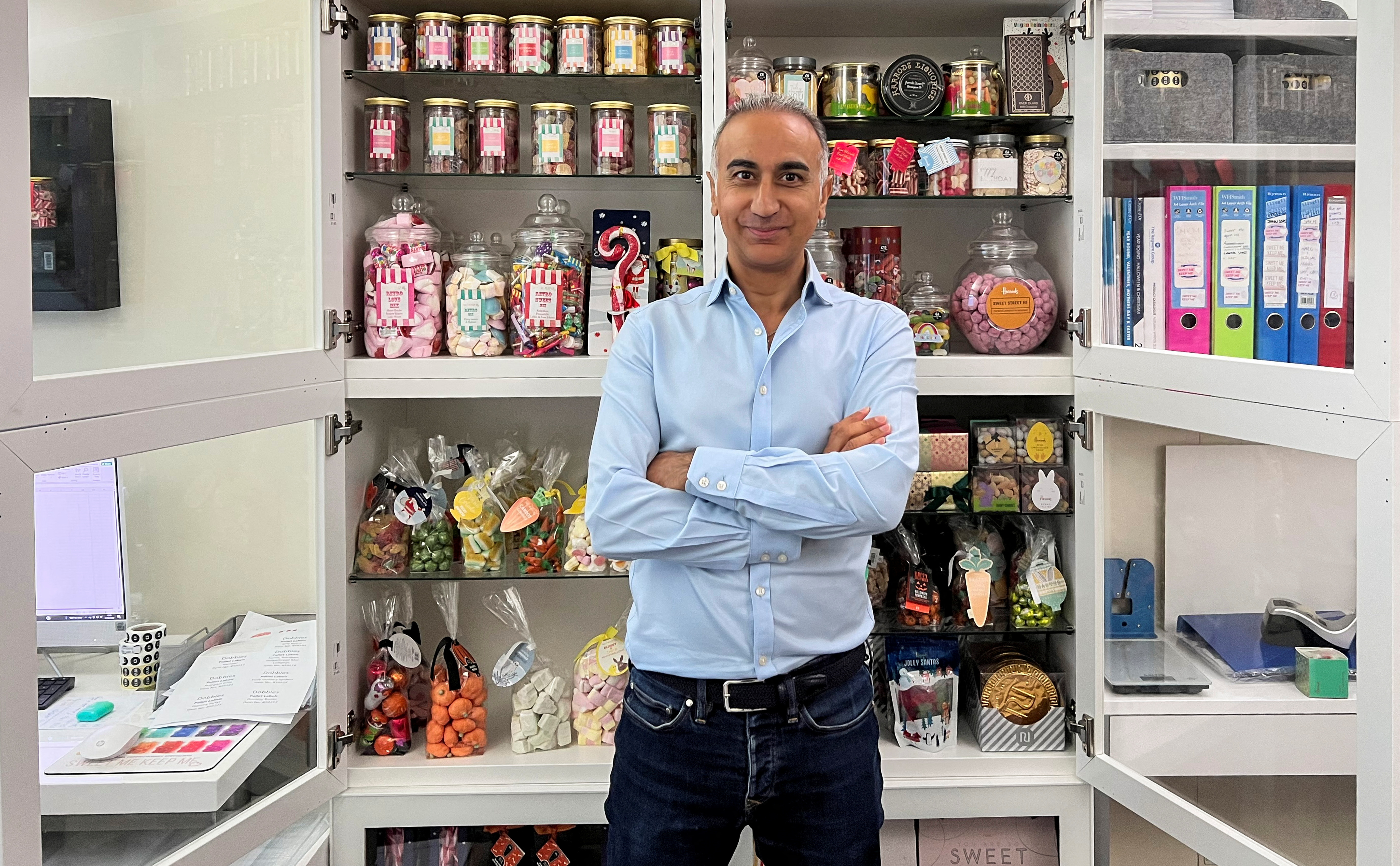

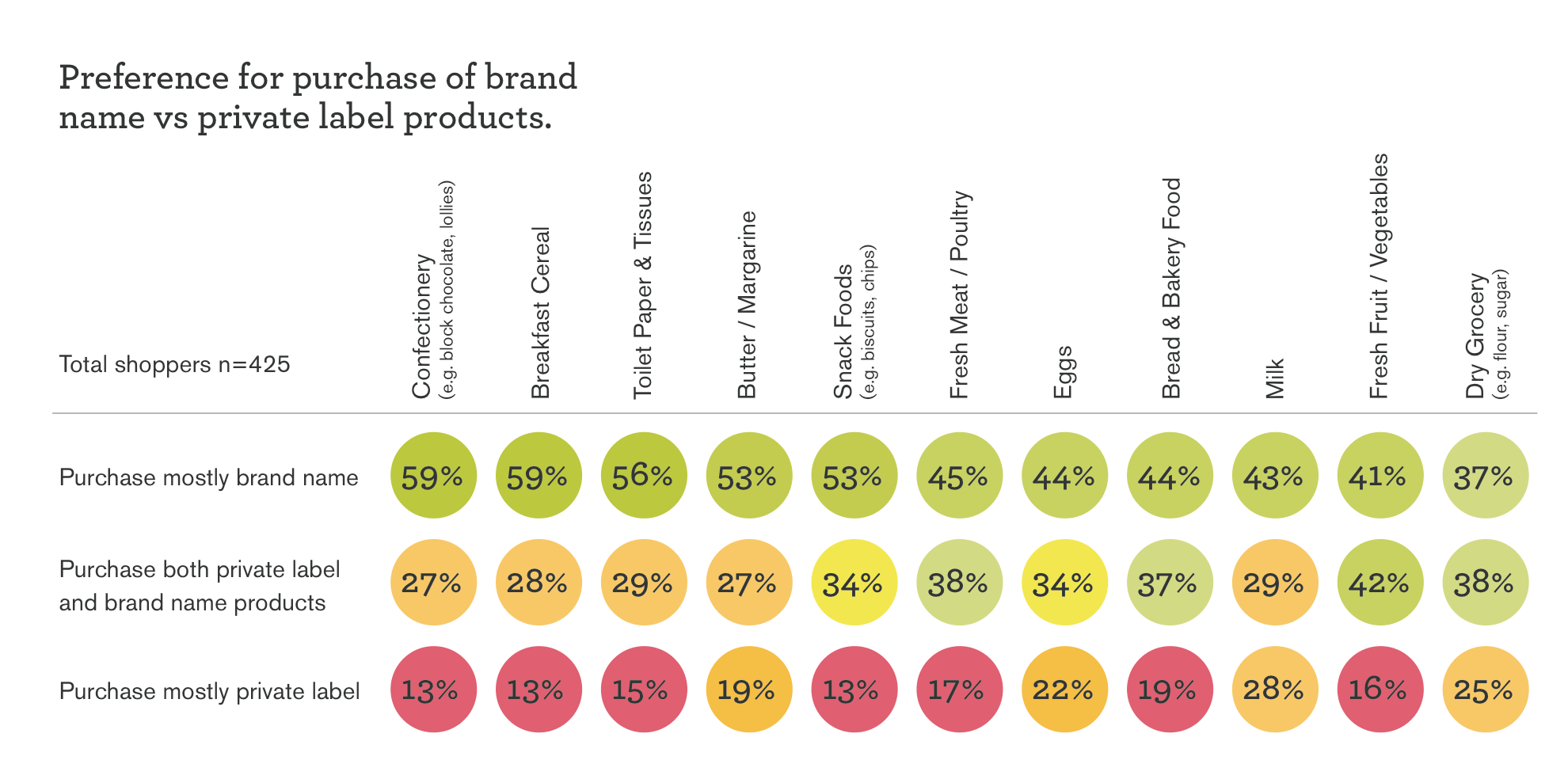
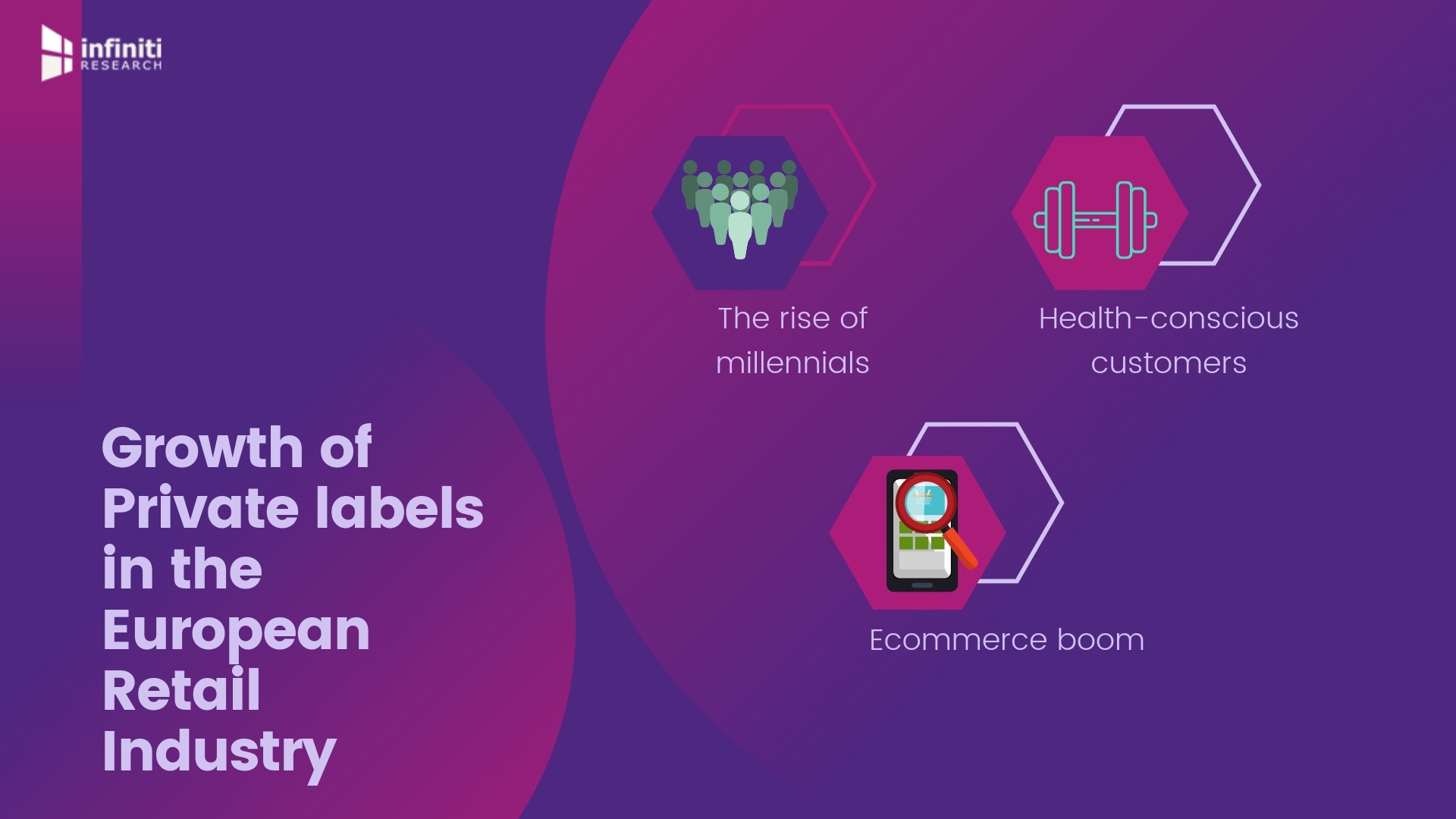
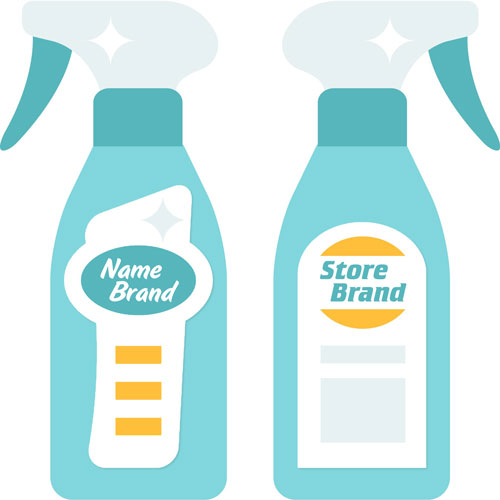

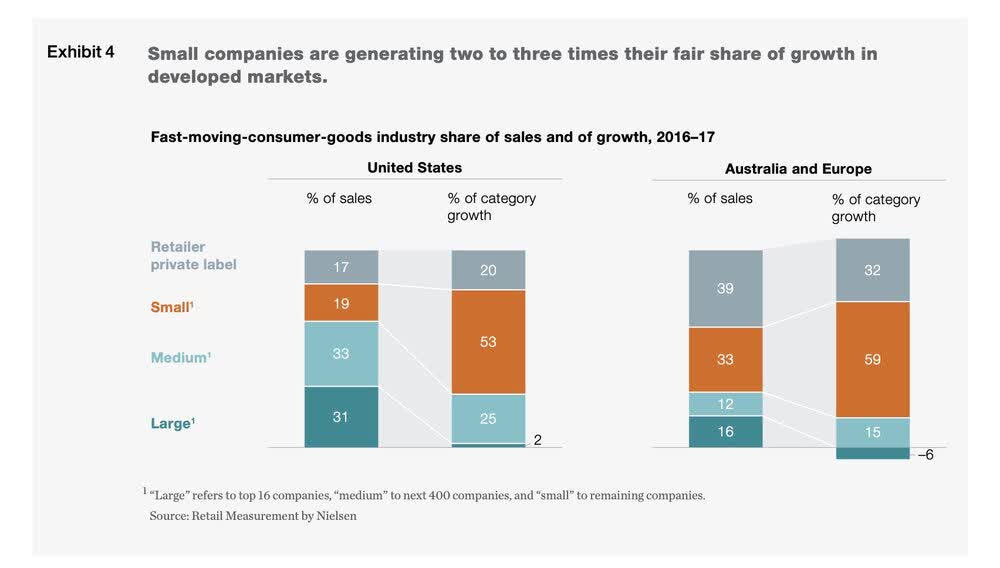

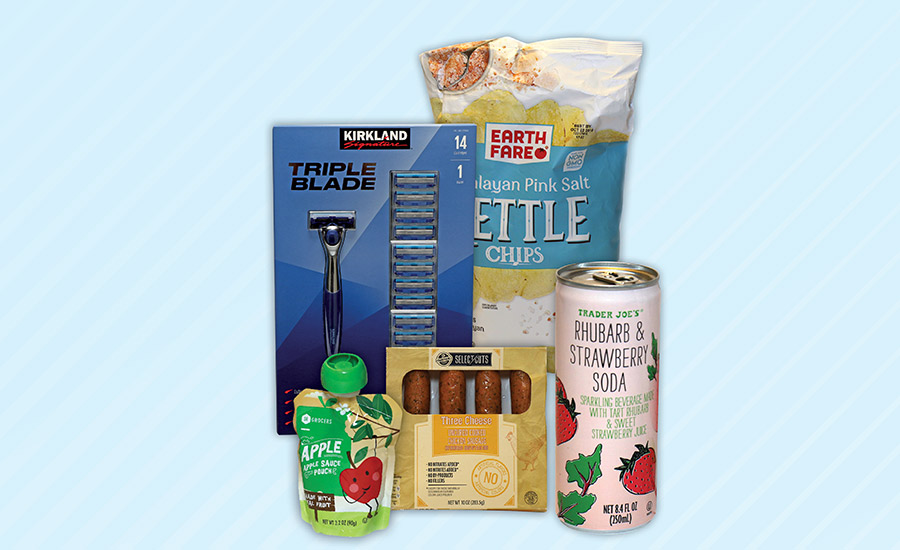


:format(webp)/cdn.vox-cdn.com/uploads/chorus_image/image/56124895/tj_lead.1502298009.jpg)

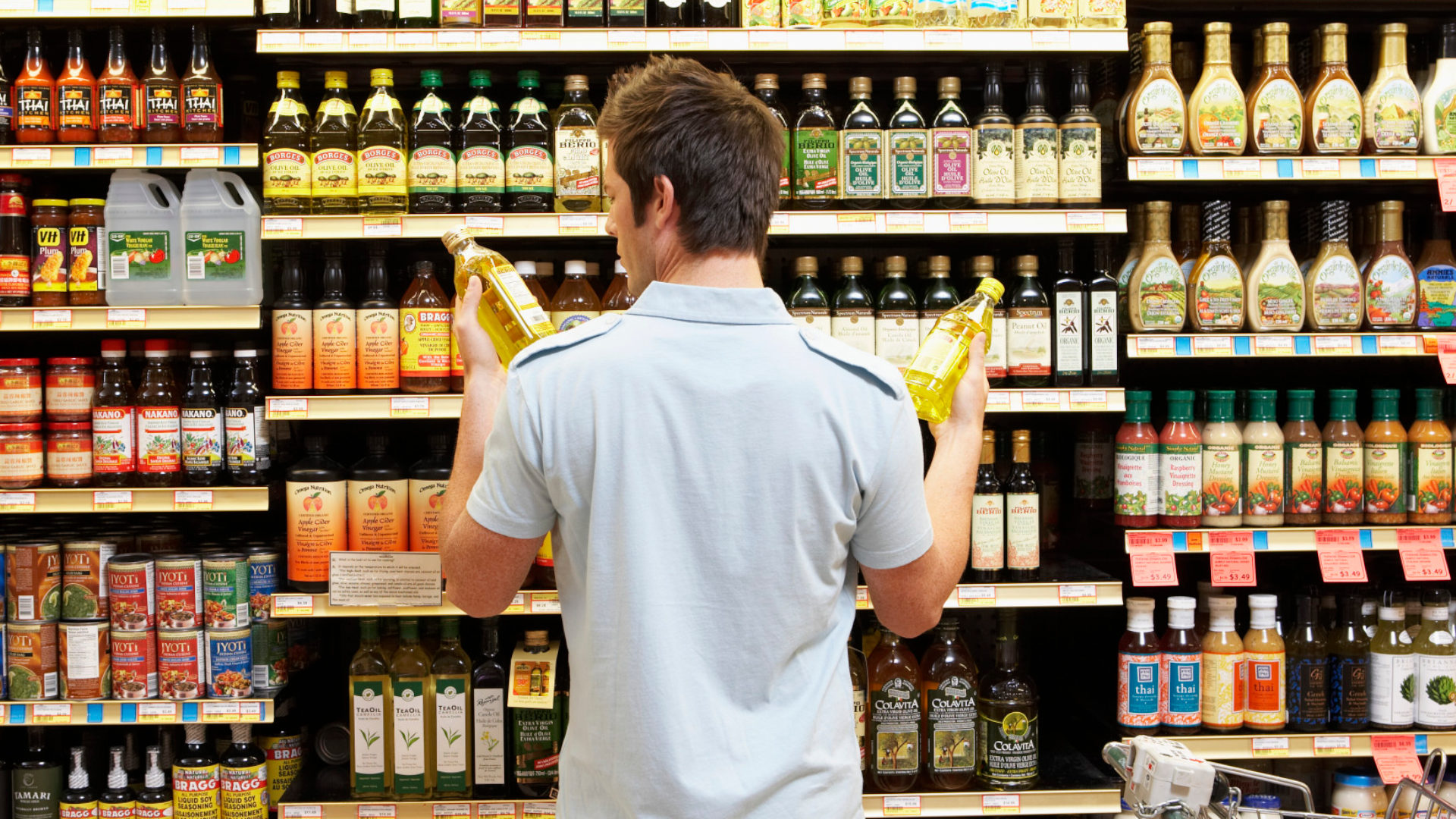
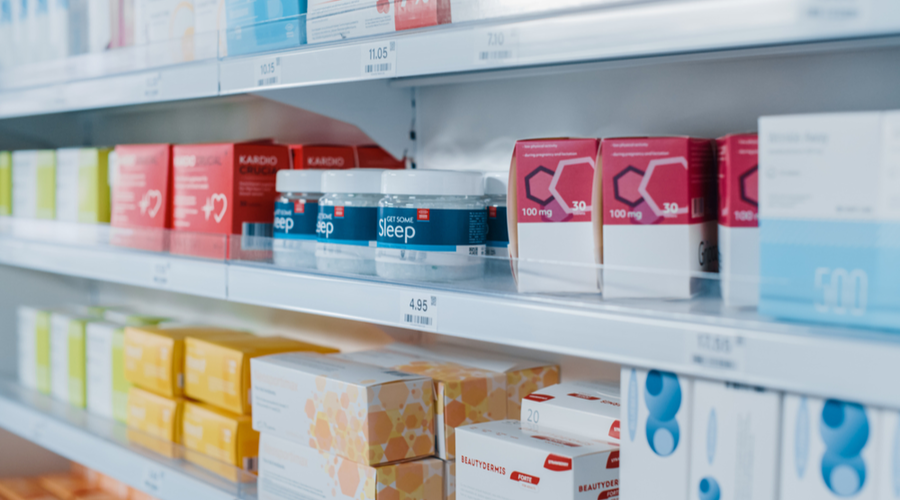

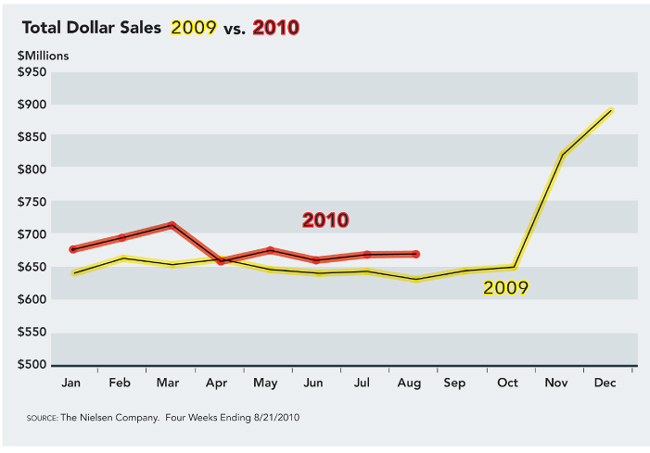
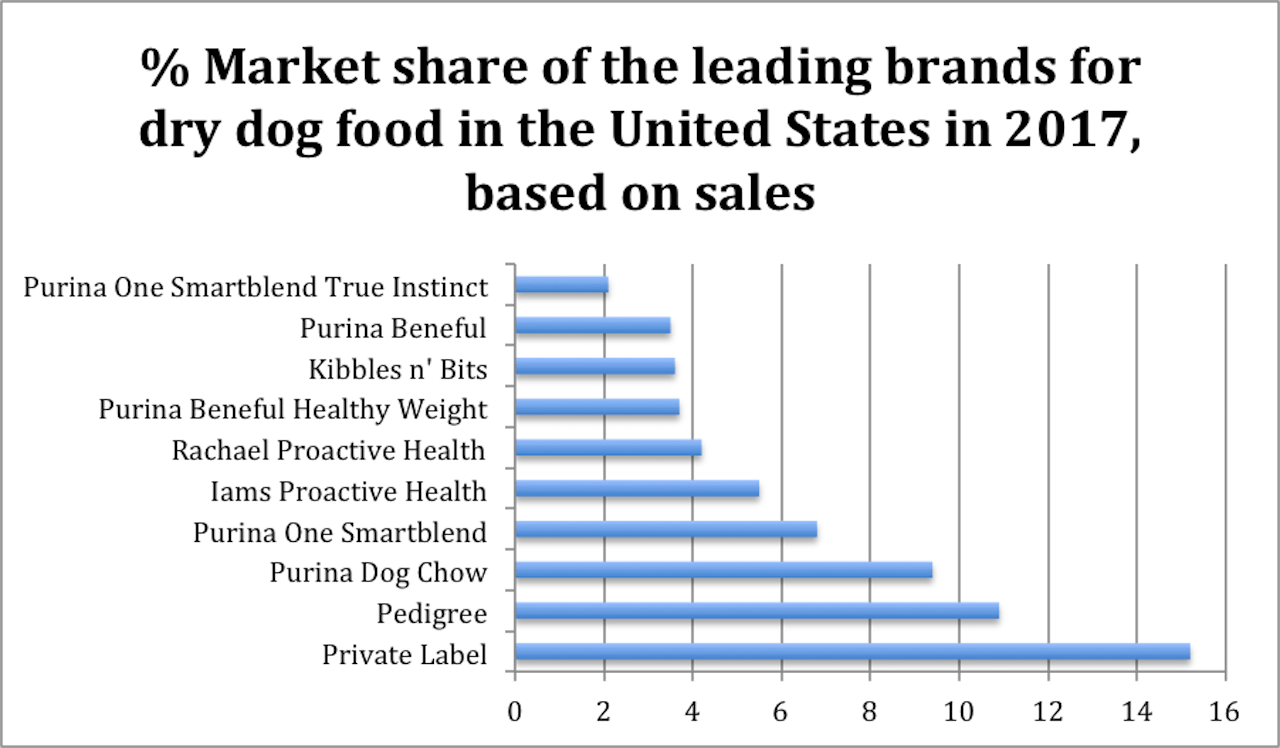
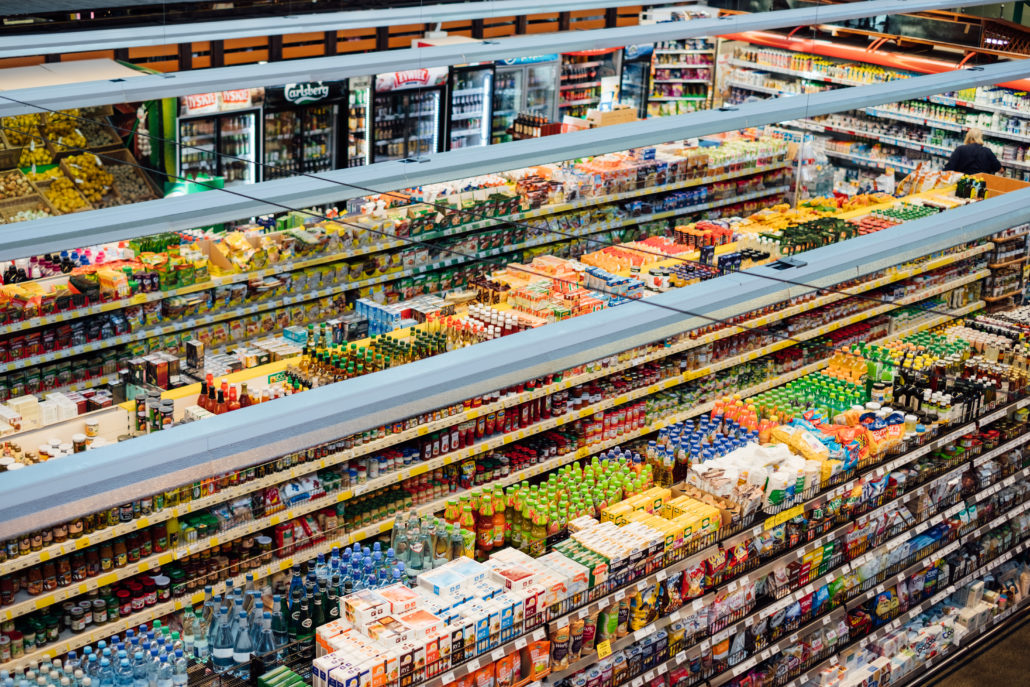



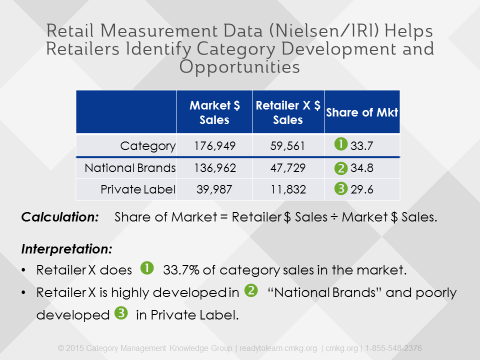
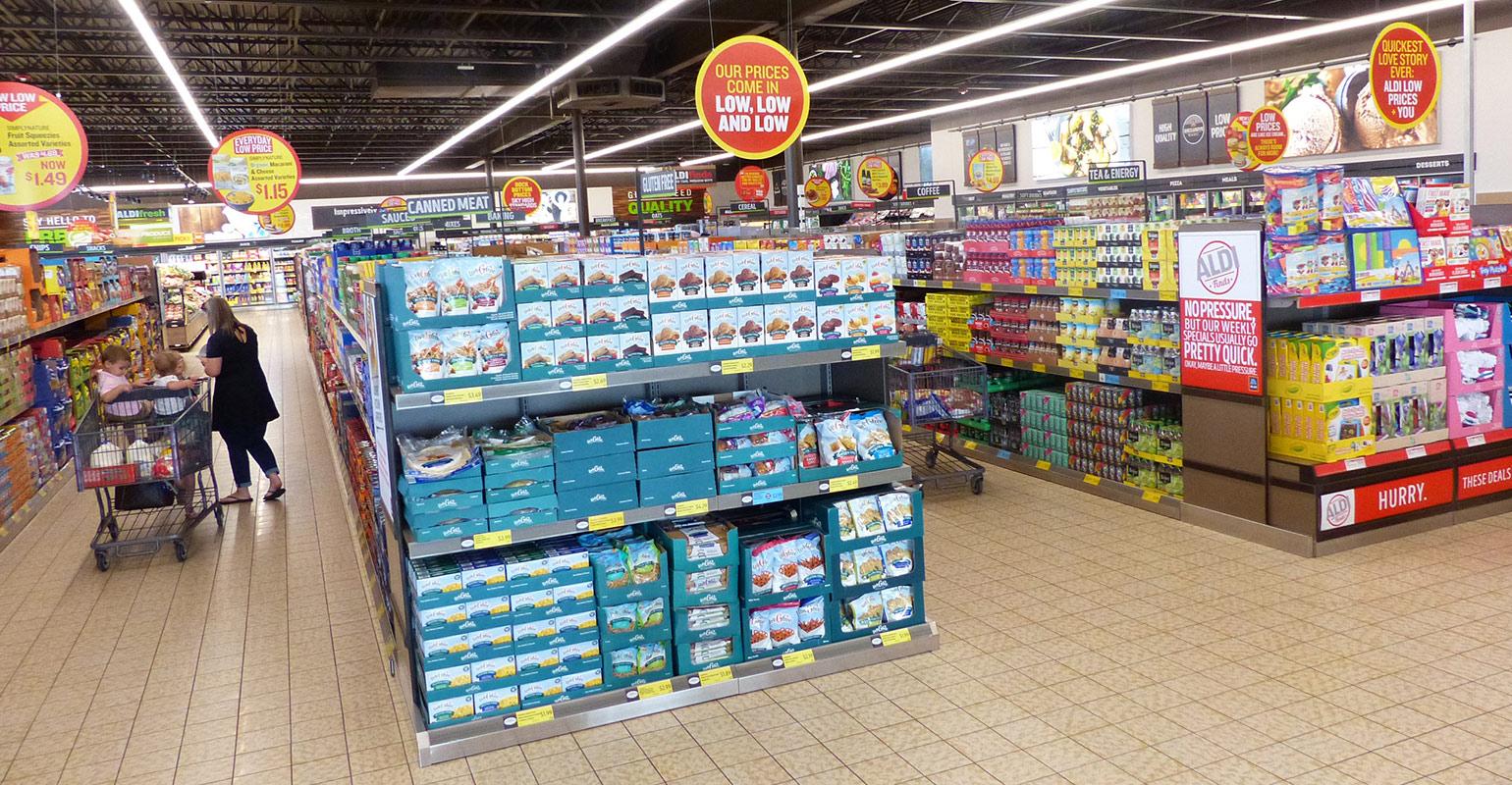




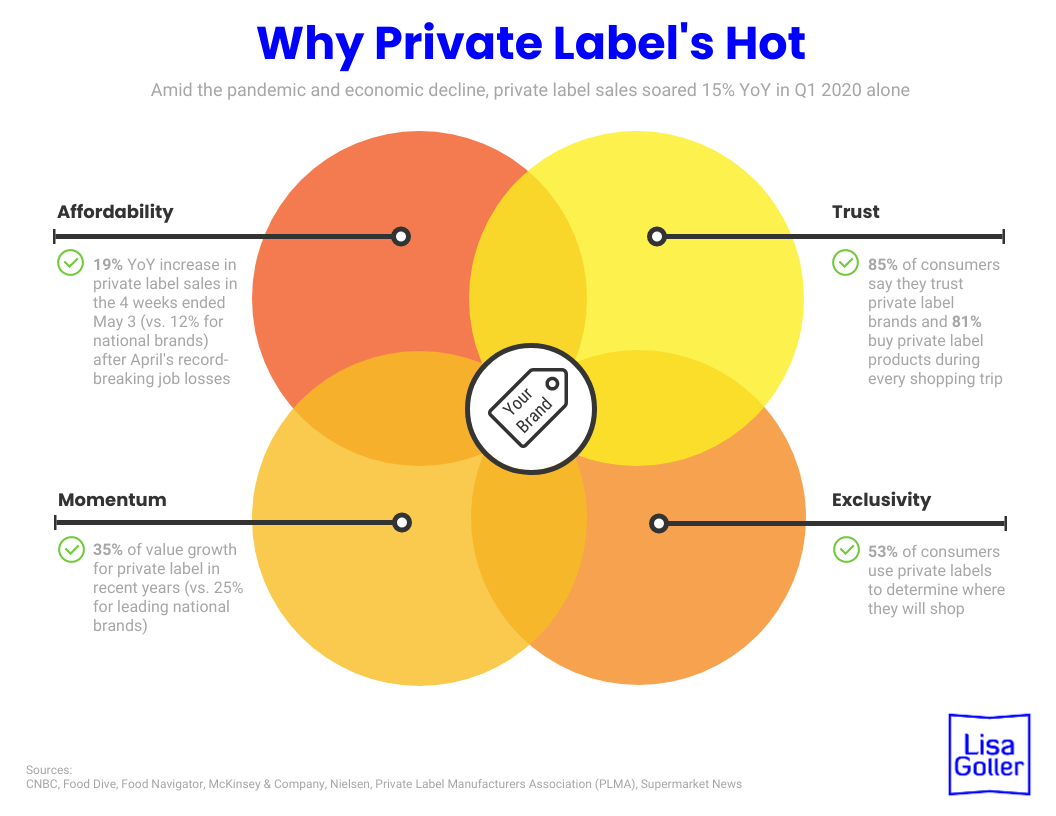
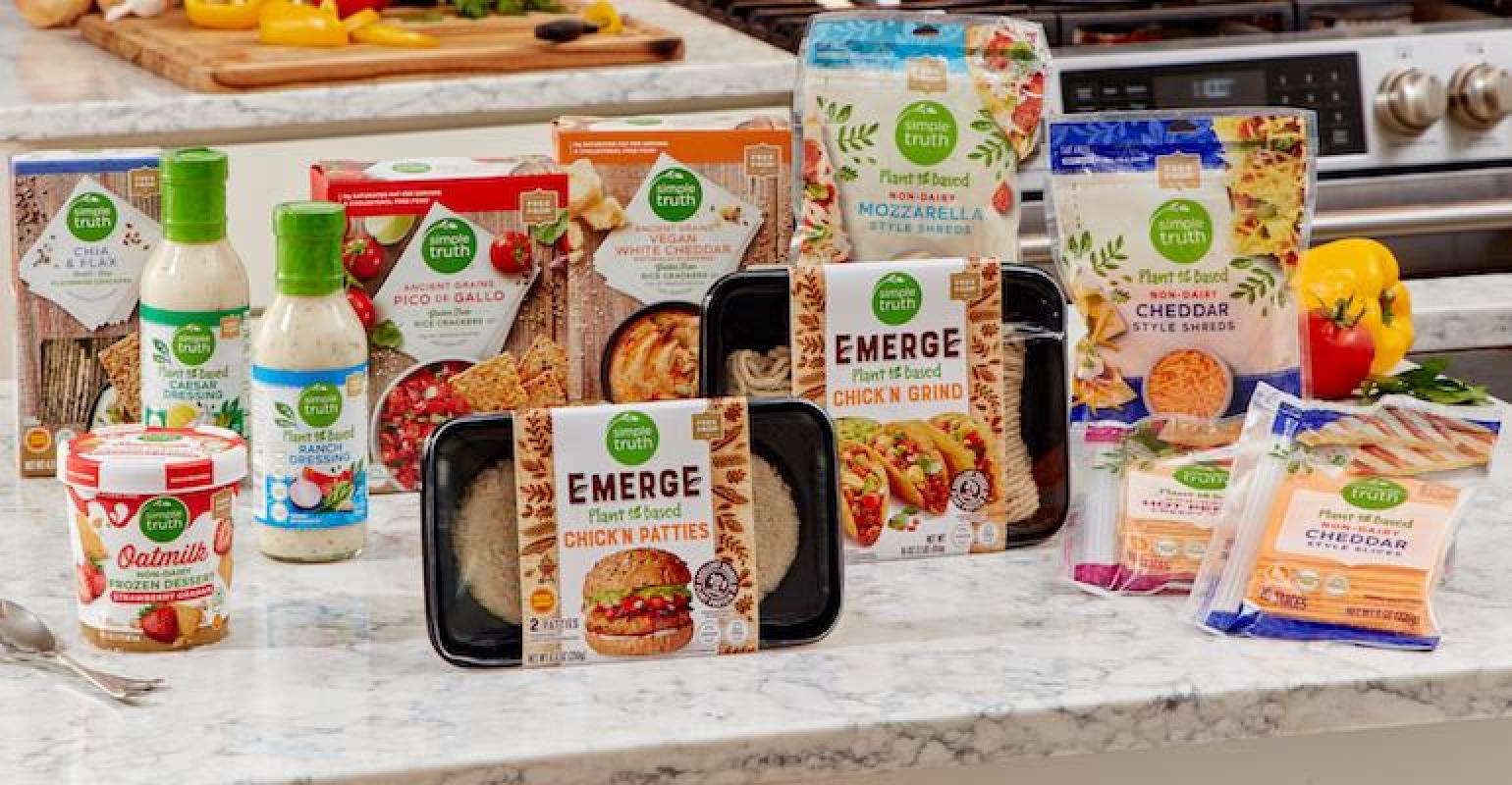
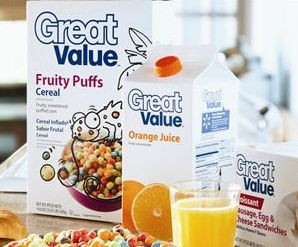








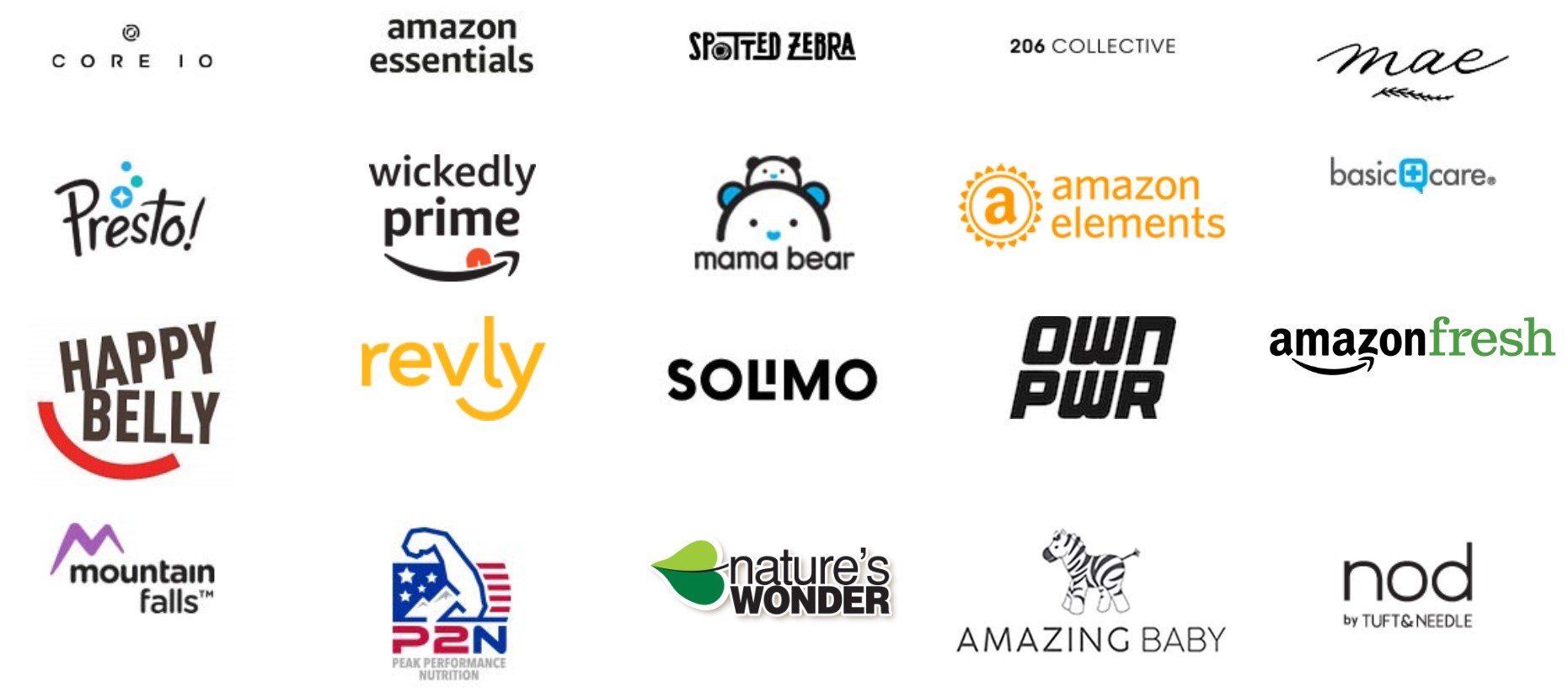


Post a Comment for "45 role of private labels in retail"